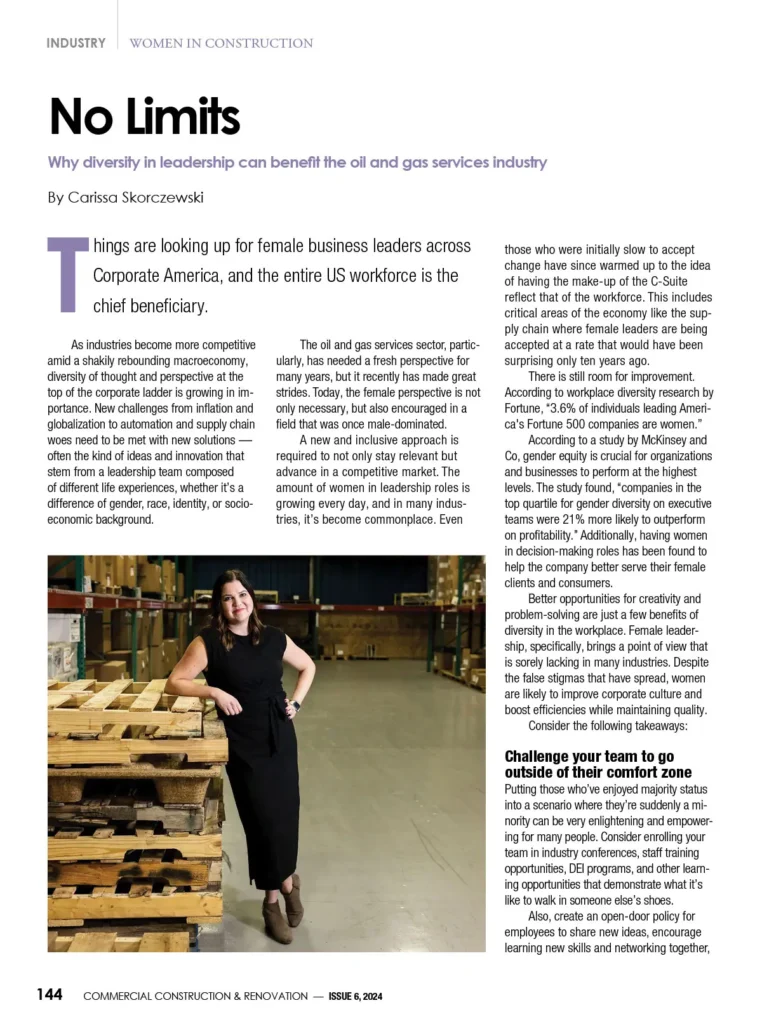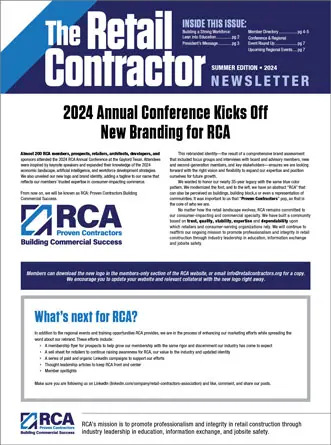Heavy machinery is used in many vital construction industry sectors to carry out activities impractical for one worker to handle alone. Many workplaces depend on devices that generate enormous force, such as bulldozers, trucks, cranes, and forklifts. Workers using these machines risk serious accidents even though good training and attention to safety protocols can help prevent them because each movement is so powerful.
According to the 2021 report of the Bureau of Labor Statistics of the United States Department of Labor, there were 951 accidents related to construction and extraction. While the US Bureau of Labor Statistics reported 4,764 American workers died from work-related injuries in 2020. Moreover, 1,008 fatalities occurred in the private construction sector.
With this data, it’s evident that accidents are prone when dealing with heavy equipment, and you need to be ready financially and legally. That’s it’s essential to have insurance and Charleston personal injury lawyers to help you deal with work-related accidents.
Heavy equipment accidents can happen in various ways depending on the equipment’s nature and the location in which it is operated. Among the accident types involving heavy machinery that occur most frequently are the following:
- Collapses
Collapsing machines may occur when it buckles under the weight of their cargo and crumple to the ground. Heavy equipment collapses can be seen in the following examples:
- Wall collapsing: Structures or walls can be destroyed using heavy machinery. A wall collapse could happen if the demolition is not adequately planned out or the machinery is not controlled securely. Anybody near the wall could suffer severe injuries or even pass away in this type of collapse.
- Building collapsing: Construction frequently involves heavy machinery, and a building collapse could happen if the structure being built breaks away. This may occur if the foundation is improperly constructed or if the structure weighs more than the materials’ maximum load-bearing capacity can support.
- Trench collapsing: Excavators dug trenches for pipes, wires, and other infrastructure. As the trench’s sides give way, it may collapse, burying any workers inside. Suffocation or crushing injuries are possible outcomes of this kind of collapse.
- Crane collapsing: A crane is a large piece of machinery used to lift and move big materials. A crane may tip over, or its boom or arm may collapse, which is known as a crane collapse. Anybody near the crane could suffer severe injuries or even lead to death.
Proper instruction, upkeep, and safety procedures are necessary to prevent heavy machinery collapses. Businesses must ensure that heavy machinery is frequently examined and maintained. Furthermore, the operators are properly trained.
- Rollovers
A rollover accident involving heavy machinery happens when the equipment flips onto its side or roof. Rollovers can cause severe injuries or even death if a seatbelt does not restrain the driver or the vehicle lacks a rollover safety structure (ROPS).
Following are a few instances of rollovers involving large machinery:
- Crane rollover: When not properly stabilized, operating in strong winds, or other unfavorable weather circumstances, cranes can also topple.
- Bulldozer rollover: Bulldozers are concrete machinery for pushing and grading materials such as earth. Bulldozer rollovers can happen when the ground drifts beneath the machinery or is used on an unlevel floor.
- Forklift rollover: In warehouses, forklifts lift and carry big goods. A rollover may occur if the forklift is operated on uneven ground, the cargo is unequal, or the equipment is overburdened.
- Excavator rollover: Excavators move soil and other materials by rolling over and digging. An excavator rollover may happen when the machinery is used on steep slopes or if the operator moves quickly or rapidly.

To prevent rollovers, safety procedures should be in place. This includes making sure that equipment is operated on solid ground and that loads are evenly distributed.
- Malfunctions
Malfunctions can cause significant injury or even death if the machinery stops or loses control suddenly. The consequences can include losing control or unintentionally falling big objects on employees. A few examples of heavy equipment malfunctions are as follows:
- Electrical system failure: Complex electrical systems that manage the equipment’s numerous operations are frequently found in heavy machinery. A short circuit or the loss of a system component can cause an electrical system to fail.
- Failing hydraulic system: The movement of heavy machinery is propelled by hydraulic systems. Leaks or system component failure can result in hydraulic system failure.
- Brake malfunction: It’s necessary to have powerful braking systems to slow or stop heavy machinery. If the braking system is flawed or the brakes are not updated, brake failure may occur.
- Steering error: Steering is essential to operate heavy machinery safely. If the steering system has a flaw or the operator loses control of the machinery, steering failure may happen.
Maintaining and inspecting the equipment is essential to preventing malfunctions. Furthermore, operators should be trained to recognize and respond to malfunctions, and safety protocols should be in place to minimize injury risks.
- Machine Collision
Machine collisions, which happen when two pieces of equipment meet or when one part collides with a stationary object, are another mishap involving heavy machinery. Machine crashes can cause severe injuries or even death, mainly if a large, heavy piece of machinery is applied. An example of a heavy equipment machine colliding with another machine is as follows:
- Traffic collisions: Heavy machinery comprises trucks that move materials around a building site, such as bulldozers, excavators, and dump trucks. These machines may collide with other vehicles or fixed objects, such as a wall or fence.
- Equipment scuffling: Heavy machinery can also run into one another on a construction site, like a bulldozer running into an excavator. Operators who are unaware of their surroundings or who fail to communicate effectively with one another may collide in this way.
Businesses can prevent collisions if operators are properly trained to operate heavy equipment. Likewise, they should be aware of their surroundings at all times.
In Conclusion
Accidents involving heavy equipment have the potential to cause fatalities or severe injuries. They can significantly affect workplace safety. Collapses, rollovers, malfunctions, and machine collisions are examples of heavy equipment accident types, each with specific hazards and causes.
Preventing accidents like these requires proper training, maintenance of equipment, and adherence to safety protocols. It’s the employer’s responsibility to ensure that operators are properly trained to operate heavy equipment and that the equipment is regularly inspected and maintained.











 The 2024 virtual Men’s Round Table will be held Q4, 2024, date TBD.
The 2024 virtual Men’s Round Table will be held Q4, 2024, date TBD.












